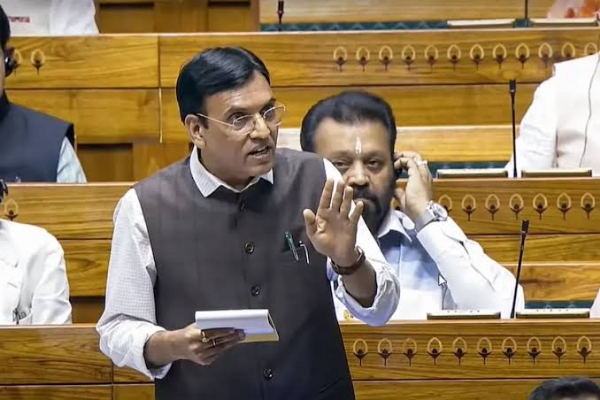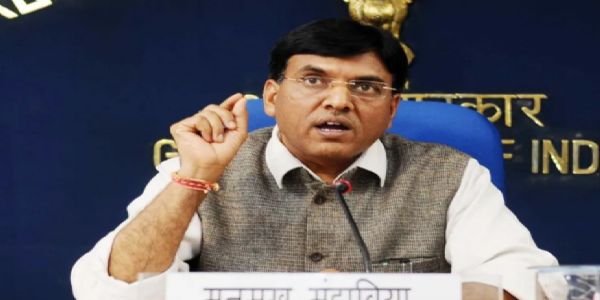
New Delhi, August 14(HS): In what is being hailed as the most transformative reform in India's sporting history since Independence, Parliament on Tuesday passed the National Sports Governance Bill, 2025 and the National Anti-Doping (Amendment) Bill, 2025. The landmark legislations have drawn widespread praise from athletes, coaches, National Sports Federations (NSFs), and sports administrators, who say the measures will usher in an era of transparency, accountability, and athlete-centric governance.
The National Sports Governance Bill, 2025 lays down a robust framework for sports administration — from ensuring transparent elections through a National Sports Election Panel to enforcing a strict Code of Conduct, introducing a comprehensive Safe Sports Policy, and establishing a Sports Tribunal to fast‑track dispute resolution. These measures are expected to break decades-long deadlocks and redirect resources from costly legal battles to player development.
Athletes Lead the Applause
Badminton ace Lakshya Sen called it a “historic moment for Indian sports,” remarking on social media platform X: “The SportsBill2025… sets new standards in governance, transparency & athlete welfare. Thank you PM Shri Narendra Modi for making fairness & welfare the pillars of sports.”
Para-javelin champion Sumit Antil echoed the sentiment, praising provisions that “will ensure the voices of all stakeholders are heard and respected,” while para-badminton star Sukant Kadam celebrated the end of ad-hoc, politically-driven decision-making, hailing it as the realisation of the Prime Minister’s vision for professional and rule-bound NSFs.
Tokyo Paralympics gold medallist Avani Lekhara welcomed the Safe Sports Policy’s commitment to protecting women athletes, para-athletes, and minors. “The Bill ensures safety, dignity & progress with equal opportunities. Inclusivity is finally turning into action,” she wrote.
Sports Bodies Call It a Game-Changer
All India Football Federation President Kalyan Chaubey lauded the creation of the National Sports Board with the authority to register or de‑recognise sports bodies, saying it would end years of uncertainty for genuine sports organisations. He also pointed to the introduction of a dedicated Sports Tribunal that could settle hundreds of pending disputes: “This will save unnecessary expenditure that can now be used for the development of sports,” he said, adding that the Anti-Doping reforms come at a crucial time with India poised to host a major international event.
Indian Davis Cup captain Rohit Rajpal agreed, noting that the measures would eliminate bureaucratic delays: “Every association being stuck in court was crippling progress. This Bill changes that.”
As the Chairman of the IOA Anti-Doping Committee, Rajpal also praised the National Anti-Doping (Amendment) Bill, 2025, calling it essential for faster dispute resolution, improved clarity, and stronger compliance with World Anti-Doping Agency (WADA) guidelines.
Government Calls It the Biggest Reform Since Independence
Union Minister for Youth Affairs & Sports Dr. Mansukh Mandaviya described the moment as historic: “The passage of the National Sports Governance Bill, 2025 is the single biggest reform in the sector since Independence.”
With these twin legislations, India’s sporting future appears set for a structural overhaul — replacing opacity with openness, conflict with constructive governance, and politics with player welfare.
From grassroots players to global medallists, the message from the Indian sporting fraternity is clear: the country has taken a decisive step towards a clean, fair, and inclusive sporting ecosystem where the athlete finally stands at the heart of the game.
---------------
Hindusthan Samachar / Jun Sarkar








